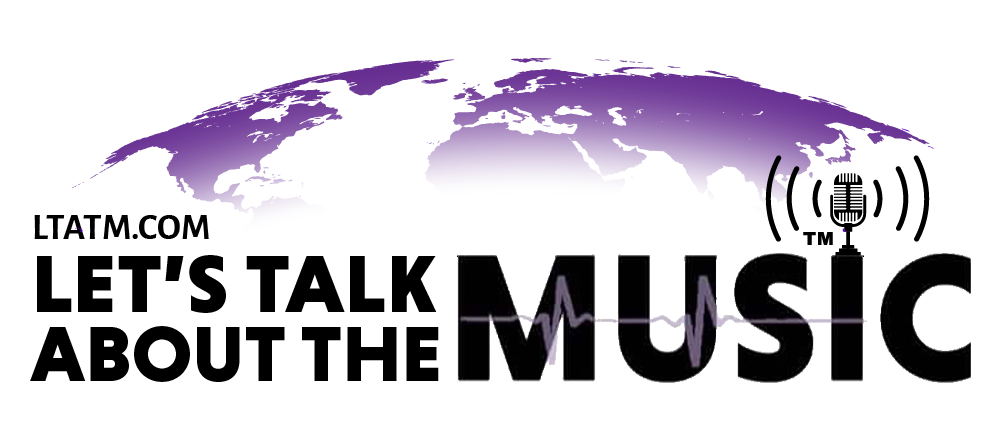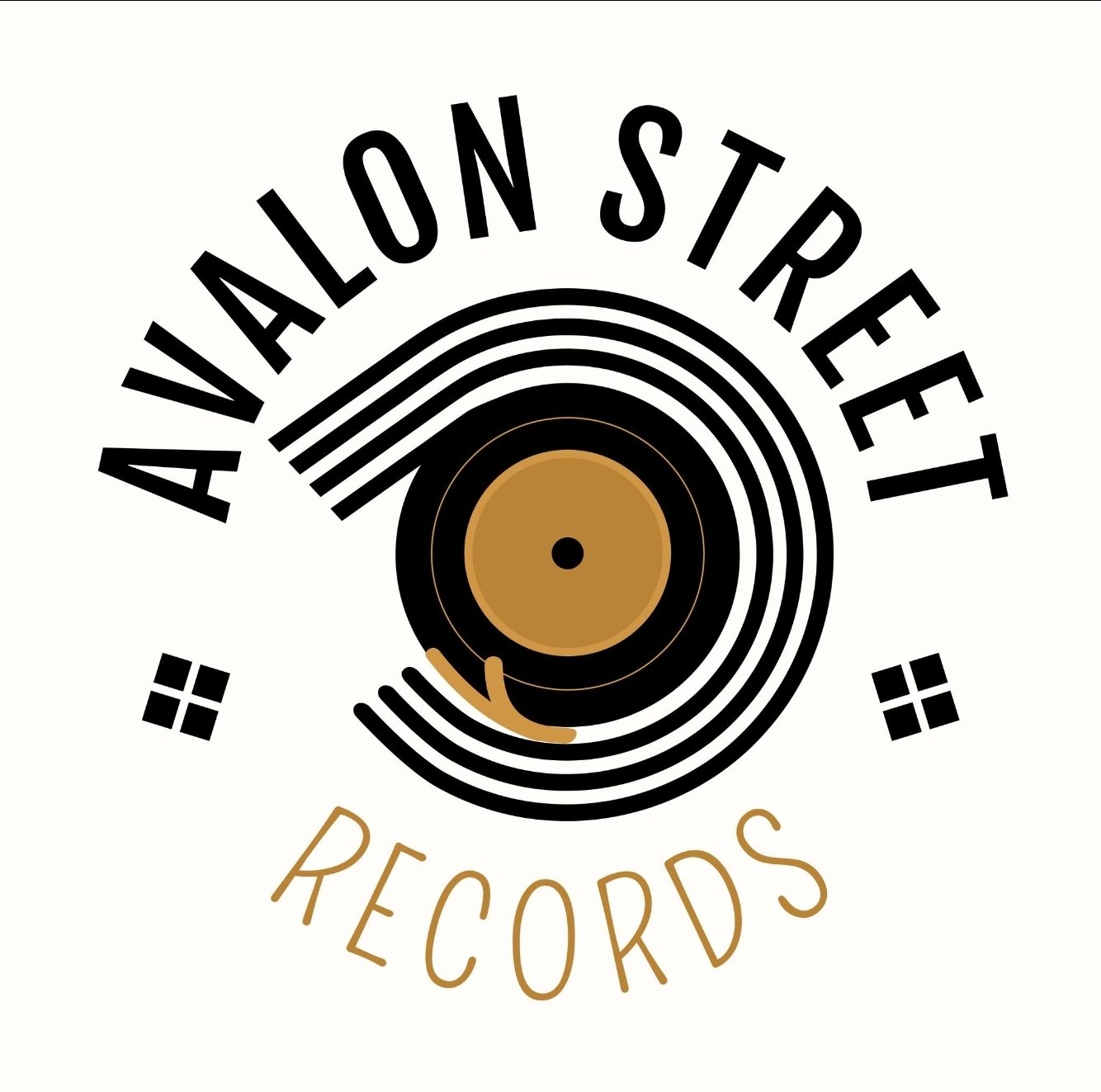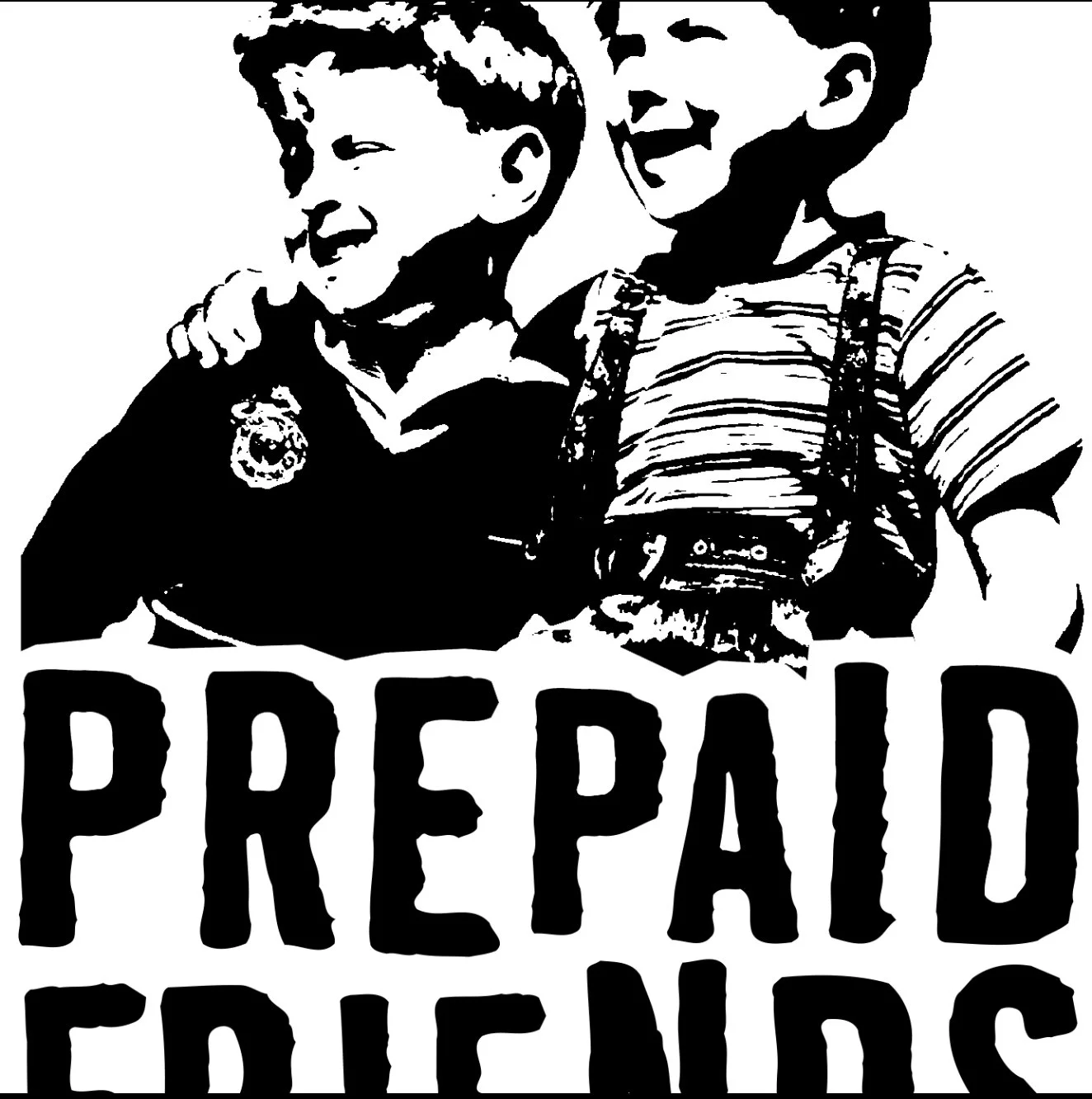LTATM EP 14 | Music Label Journey: How It Started vs. How It's Going
LTATM EP 14 Independent Labels Journey
Shels' talk covers a short but clear story of how their music labels started and grew. Then, the conversation moves to Spencer from Avalon Street Records and Will, who works in both Portland and Seattle, WA. They share their different experiences in the music label world, giving useful insights on the challenges and chances they've faced.
Where to watch or listen to LTATM | Lets Talk About The Music
EP 14: Music Labels
In this episode, we examine the evolution of music labels. We specifically address the importance of protecting artists from scams and how to approach a label when at that point in your career.
A Brief History of Record Labels
Music labels have a long history in the industry, but few people seem to be familiar with how they developed and the groundbreaking contributions of small, indie labels. I learned a great deal as I researched in preparation for my guests from Prepaid Label and Advoal Records.
Thomas Edison and the Phonograph (1877): The first major step in recorded sound. Without it, there would be no music industry.
Early Labels (late 1800s–1910s): Companies like Columbia and Victor Talking Machine focused on producing and selling records rather than developing artists.
The Rise of A&R and Music Labels (1920s–1930s): The modern concept of a "music label" took shape as companies began signing and developing artists in addition to selling records. The Artists and Repertoire (A&R) division became responsible for scouting and shaping talent. Major labels like RCA and Decca gained power, setting the foundation for today’s music industry.
The Indie Label Ignition (1940s–1950s): Independent labels emerged to support genres overlooked by the majors, such as blues, R&B, country, and rock. This era proved that independent labels could compete with major ones by discovering and launching iconic artists who would otherwise be overlooked, and offered a space for creativity to flourish.
The Boom of the 1950s—Rock ‘n’ Roll and Sun Records: Founded in 1952 by Sam Phillips in Memphis, TN, Sun Records produced Elvis Presley, Johnny Cash, Jerry Lee Lewis, and other rock legends.
The Boom Part II: Cordell Jackson and Moon Records (1956): The first woman to own an independent record label, Jackson was a musician in Nashville who was shut out of the male-dominated industry. Instead of waiting for an opportunity, she built her own label, proving that indie labels are about more than just music—they’re about artistic independence.
Punk, Alternative, and DIY Labels (1970s–1980s): Indie labels expanded as artists rejected major label control. Labels like Stiff Records (UK punk) and Sub Pop (Seattle grunge) gave rise to new underground movements.
Indie Labels Become Powerhouses (1990s–Present): The digital revolution allowed independent labels to compete with major ones, as streaming and social media leveled the playing field.
Why This Matters Today
Before the music industry became the powerhouse it is now, it all started with a single invention that changed how we listen to music forever. From wax cylinders to digital streaming, record labels have played a major role in shaping the careers of artists and the way we experience music.
But not all labels are created equal. For artists today, signing with a label can be a dream come true… or a nightmare. While independent labels offer creative freedom and support, there are also scams and shady deals out there. So, how can musicians protect themselves?
Protecting Artists from Bad Deals
It is with the above in mind that I invited representatives from two indie music labels to discuss the right way for artists to approach a label. This includes what red flags to look for, what questions musicians should ask before signing, and how to avoid getting scammed in the music industry.
Prepaid Friends has been a label since the early 80s and has watched the industry shift and change for decades. Will hails from Portland but moved to Seattle, WA, right before Covid hit. Like everyone, Prepaid had big plans for their bands, but Covid essentially shut everything down. At the time of this interview, the label is still working through the aftereffects of the pandemic. Will is supporting three bands at this time and not in the market to add others.
Prepaid Friends - Roster:
Sponge,
Drivin N Cryin,
7Horse, &
OURS
Our roster of Pac NW rock bands includes;
Sweet Water,
Purusa,
My Next Planet & more...
Avalon Streer Records just recently became a label in 2023. (name) is a musician and struggled to attract the notice of any established labels. So, he created his own label company and works with many start-up musical talents. You would think he got the name from a SiFi movie, but nope—that is the name of the street he grew up on. He currently has five bands he is working with, and he is always on the lookout to help more talent.
Avalon Street Records - roster:
Spencer Ezell (owner of Avalon Street records)
Damon Brazzell
Daydream Sparrows
Generations Down
So check out Episode 14 as we cover questions about music labels, and how artists can avoid scams and shop for one that will respect and support their creative vision.
Podcast on Audiboom
Podcast on YouTube
Please subscribe to LTATM. Lets Talk About The Music channel! For every 1,000 subscribers, I will release all New member only podcast.
Independent Music Labels - guest speakers
Avalon Street Records
ASR collaborates, represents and distributes creative, inspired and quality independent artists.
Prepaid Friends
We are an independent record label in the Pacific Northwest. We also do concert promotion working with national artists and Pac NW rock bands.
LTATM Survey
Please fill out the LTATM Survey. It helps me understand how I'm doing and what to focus on for season 2.
LTATM Sponsor
Niche Sites Made Easy
Learn step-by-step how you can create and sustain an income through blogging about topics you are passionate about.
LTATM Podcast, Legacy Tribute, and Music Review blogs







